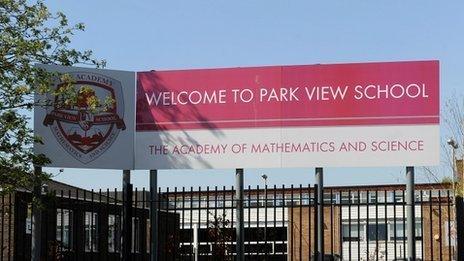Where next for the 'Trojan Horse'?
- Published
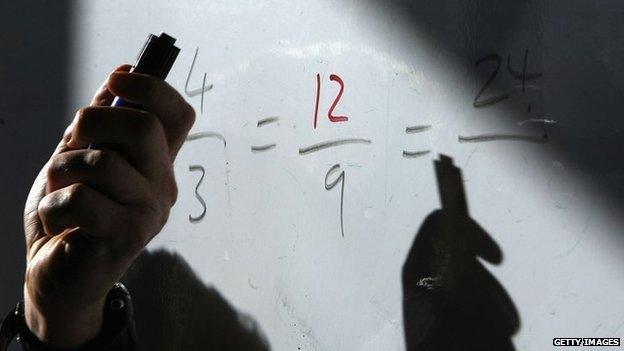
Reports into Birmingham schools are now leaking in the wake of Ofsted's "Trojan Horse" investigations.
A wave of inspections covering 21 schools followed the publication of a letter - now widely assumed to be a hoax - claiming to detail a plot by Muslim hardliners to take over the city's schools.
They will be released on Monday, but what we have seen confirms some of what we knew:
So far, still no evidence of conspiracy, but inspectors feel a clique of socially conservative Muslim governors have behaved inappropriately
Some schools are vulnerable to extremism. About half a dozen face special measures
Saltley's report highlights that some schools will be caught up in old-fashioned bad management.
The BBC reported on Thursday that Ofsted will report finding that the governing body there had "paid private investigators to interrogate the emails of senior staff".
Financial issues
There may be further straightforward allegations to come.
We know that Peter Clarke, the ex-policeman with a terror specialism asked by the Department for Education to investigate, has been passed allegations about financial issues at schools in Birmingham.
He is currently expected to report next month.
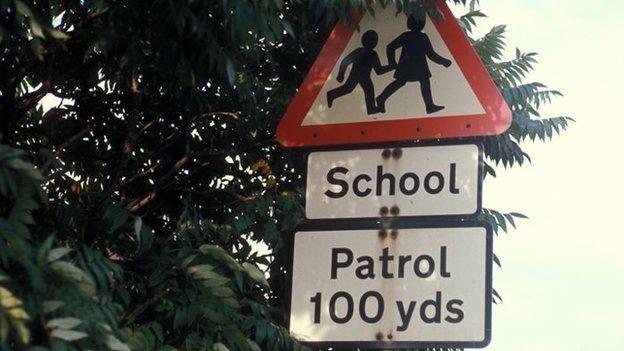
The local story, however, also highlights some national questions about the future structure of English schooling.
A lot will hinge on the case of Park View, a school that was rated by Ofsted as outstanding in 2012 but is now heading into special measures.
Earlier this week, Home Secretary Theresa May wrote in her extraordinary public letter to Education Secretary Michael Gove: "The allegations relating to schools in Birmingham raise serious questions about the quality of school governance and oversight arrangements in the maintained sector."
Jostle and compete
The document continued: "It is clear to me that we will need to take clear action to improve the quality of staffing and governance if we are to prevent extremism in schools."
The coalition government's reforms were intended to give schools more autonomy.
It allowed them to opt to become "converter academies" - a status meaning they have more powers, and that the local authority would no longer supervise them. The Department for Education (DfE) itself does.
Although the DfE is making ever greater demands for information about school finances, the new regime is intended to largely leave academies alone to run themselves.
It is not quite a market, but it is intended to be a system where schools jostle and compete.
Labour has argued that this structure, which leaves a Whitehall ministry as the supervisor of thousands of schools, is ineffective; it leaves too much room for schools to go wrong.
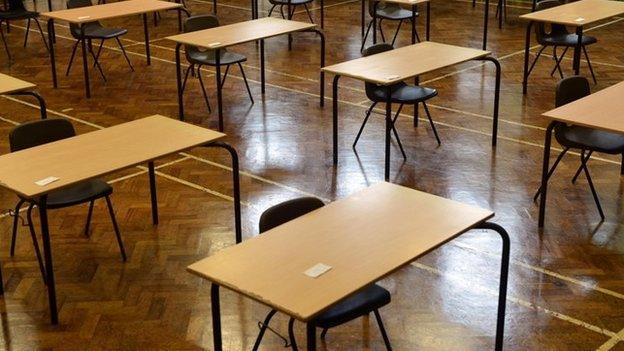
There are other examples when the DfE might have stepped in, but opted not to.
The London borough of Islington, for example, campaigned for some years for the DfE to intervene at the City of London Academy because of its weak academic achievement.
Happily, the school is now in much better shape, but experienced local officials there - it is a borough with a well-run education division - felt that the DfE was harder on local authority schools than academies.
'Security concerns'
Theresa May hinted at agreement with Labour: "Why did nobody act" on accounts of extremism in Birmingham, she asked.
Certainly, the case of Park View is awkward. The DfE appeared to think something was amiss.
Last year, it blocked the institution from opening a free school, citing - among other things - "security" concerns about one of the school's governors.
However, there was no intervention at the school itself.
Furthermore, in June 2012, Park View School was approved by the DfE to take over another school - Nansen, a process that was completed in October 2012.
In June 2013, it was approved to take over Golden Hillock. It was in negotiations to take over Al Furqaan, a local primary.
The fate of Park View also raises questions about the inspection regime.
No smoking gun
There are specific local questions, but staying at the macro level, how can a school given the highest possible score in 2012 go into special measures in 2014?
Does that imply something is wrong in the inspectorate? Well, no. Not on its own.
Ofsted has been criticised, but a changing grade is - of itself - no smoking gun.
An inspection is a snapshot, and schools change - although a change of this scale is rather unusual.
There were 2,528 schools in the (incomplete) Ofsted database whose last-but-one inspection was outstanding. Of these, just 34 were "unsatisfactory" at the next inspection.
The more interesting question is this: Ofsted thinks there are previously outstanding schools now badly run enough to require special measures. Were it not for the Trojan Horse saga, how fast would it have noticed?
That is part of a bigger political question that affects every pupil: how much freedom do we want to give schools to innovate, and how much supervision do they need?
- Published5 June 2014
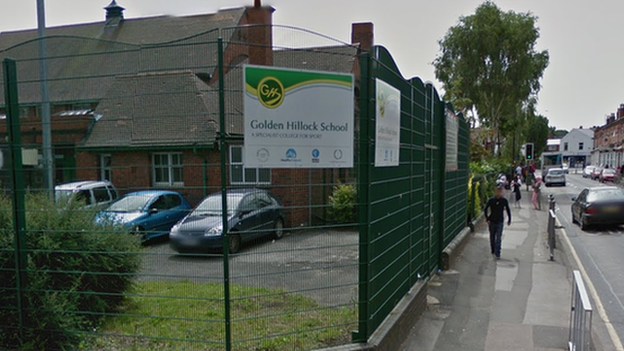
- Published6 June 2014
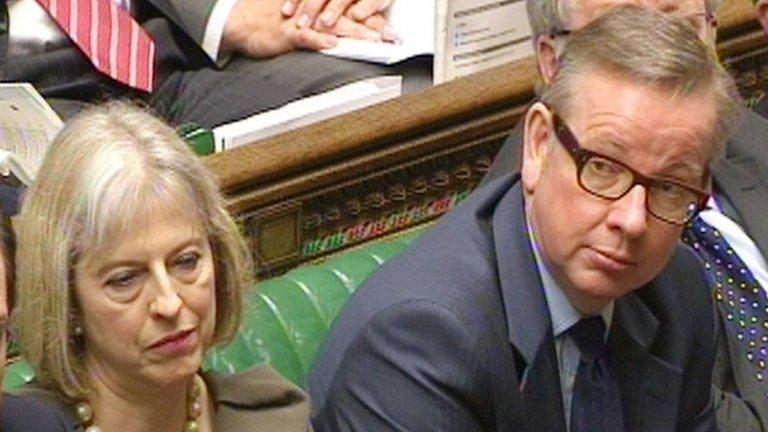
- Published5 June 2014
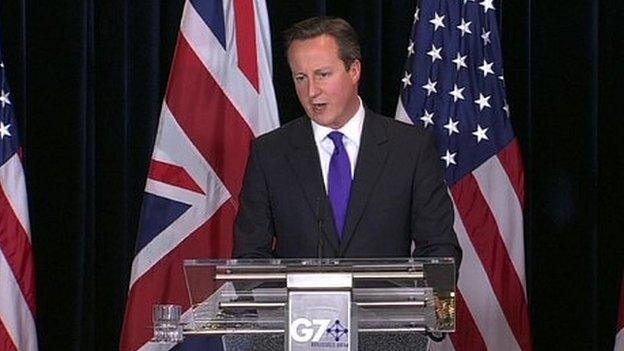
- Published4 June 2014
- Published3 June 2014
